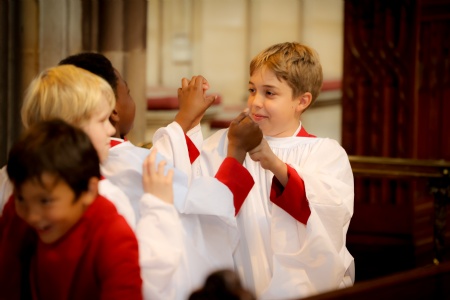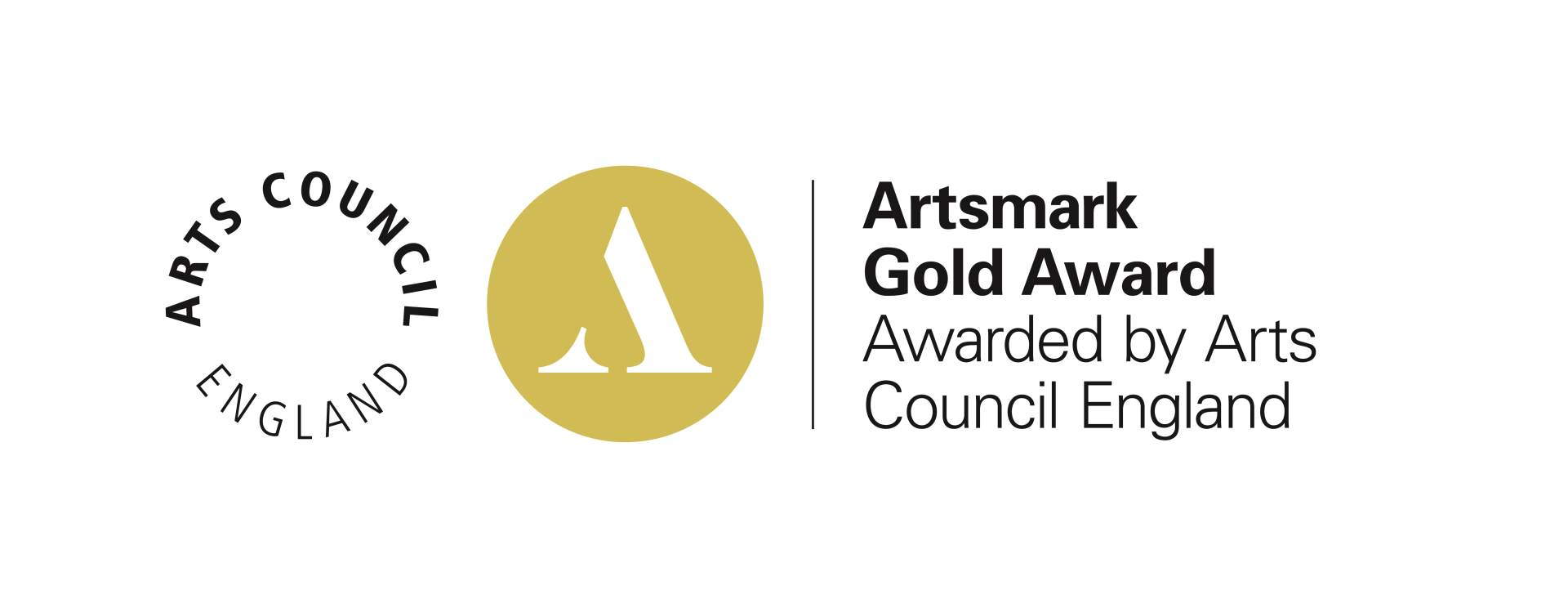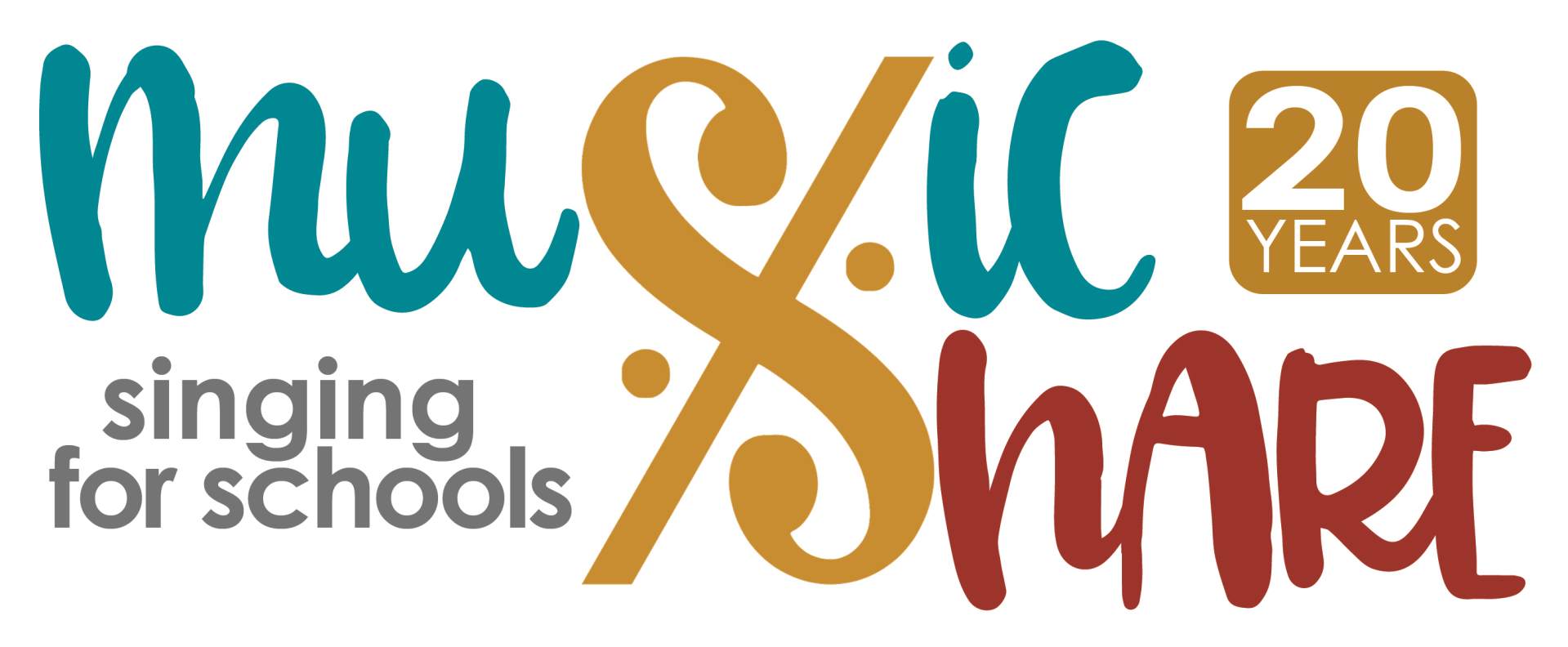The importance of friendship
 During the summer holiday, World Friendship Day will be celebrated on Wednesday 30th July this year. From a child’s perspective, it is possible that there is nothing more important to them than their friends. Childhood friendship is laughter, play, discovery. It is a vivid, wild, creative world apart from dreary grown-ups. As children become adolescents, friendship helps them to navigate and anchor their changing selves.
During the summer holiday, World Friendship Day will be celebrated on Wednesday 30th July this year. From a child’s perspective, it is possible that there is nothing more important to them than their friends. Childhood friendship is laughter, play, discovery. It is a vivid, wild, creative world apart from dreary grown-ups. As children become adolescents, friendship helps them to navigate and anchor their changing selves.
It’s through friendship that your child discovers their interests, personality characteristics, and abilities. No matter how much you remark on your child’s strengths, when a friend tells them they’re good at running or painting or singing, they know it’s true.
Friendship can tide your child over through a bad patch, whether it’s momentary, like a failed test, or momentous, like the loss of a family member. Friendships stimulate learning about sharing, respect, kindness, altruism, and empathy. Having friends motivates your child to accomplish and succeed in a number of different areas. Children learn about ethical behavior and about their values in their interactions with others. It’s through friendship that your child learns how to address and resolve disagreements.
When your child has friends, they want to play with them, and be active together. They feel better, and are less likely to be have problems with their physical and mental health as they get older. Children who experience greater peer acceptance enjoy school more, and do better academically.
It’s not always plain sailing … childhood friendships are tumultuous and deeply-felt. Children need to learn to manage their friendships on their own, but there are some ways that adults can make a difference. For example, our Form Tutors do the following:
Listen. Friendships matter greatly to a child’s happiness, health, and success, so we take it seriously when a child talks about problems with a friend. We give them our full attention so we can hear how they’re feeling and what they’re thinking. We avoid being judgmental, we simply communicate that we’re listening and that we know how much it hurts. If a child asks for advice, we help them most by asking questions that get them to formulate a reasonable solution.
Model how to show respect and value feelings. We show warmth, respect, and empathy towards pupils and others. We speak about others with kindness and respect.
Point out the feelings of others. “I think Ethan is sad because he lost his thermos.” “Sergio looked happy when he saw you.” We help children see the common humanity we all share, regardless of differences.
Some children find friendships hard, so what do we do if they are not ‘good’ at it? Making friends is a skill that can be learned, and to develop that skill, we:
Encourage pupils to find others with similar interests. As with adults, children find it easiest to make friends when they have shared interests and hobbies, so we help children to find an afterschool club or social activity they will enjoy and do well at. It might be a choir, a sports team, a dance class, or robotics, anything where the pupil can develop the confidence that comes from competence, and interact with others who share their interest in that activity.
Teach communication skills. Helping pupils to learn how to initiate conversations, listen actively, and respond appropriately to others is embedded in lessons across the curriculum for all Key Stages.
Role play. In PSHE and Drama lessons, pupils often practice social situations like joining a game, starting a conversation, or handling disagreements.
Provide resources to help pupils learn about friendships. There are some excellent books, for all ages, that can help children to understand what makes a good friend.
Give individual support. Our teachers, learning support team and pastoral team are always available to help children who find friendships difficult to start or manage.
The simple fact is, you don’t have to be popular to have good friends; popularity and likeability are not the same thing. There are plenty of children who are not popular and are not interested in being popular – if they have one or two friends, that is all they need.
A strong network of social support is your child’s best resiliency factor, with benefits at school, at home, and in their personal life, both now and going forward. The summer holiday is a great opportunity for your children to enjoy spending time with their friends and to create memories and friendships that will last a lifetime.
Inservi Deo et laetare














